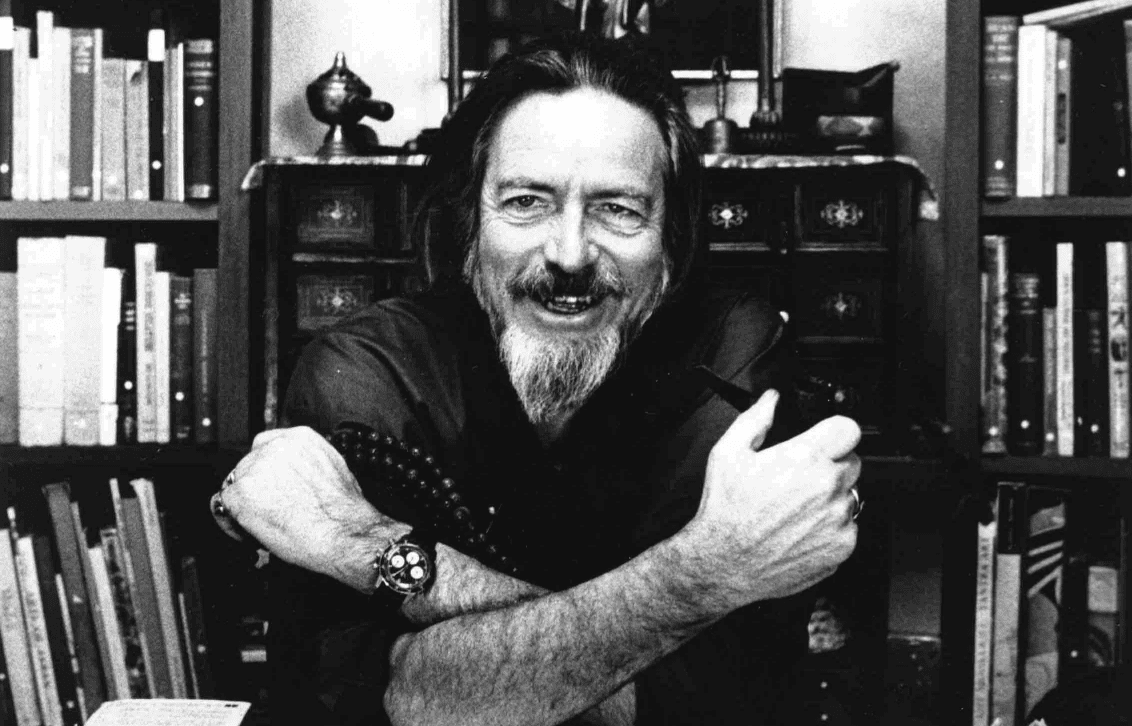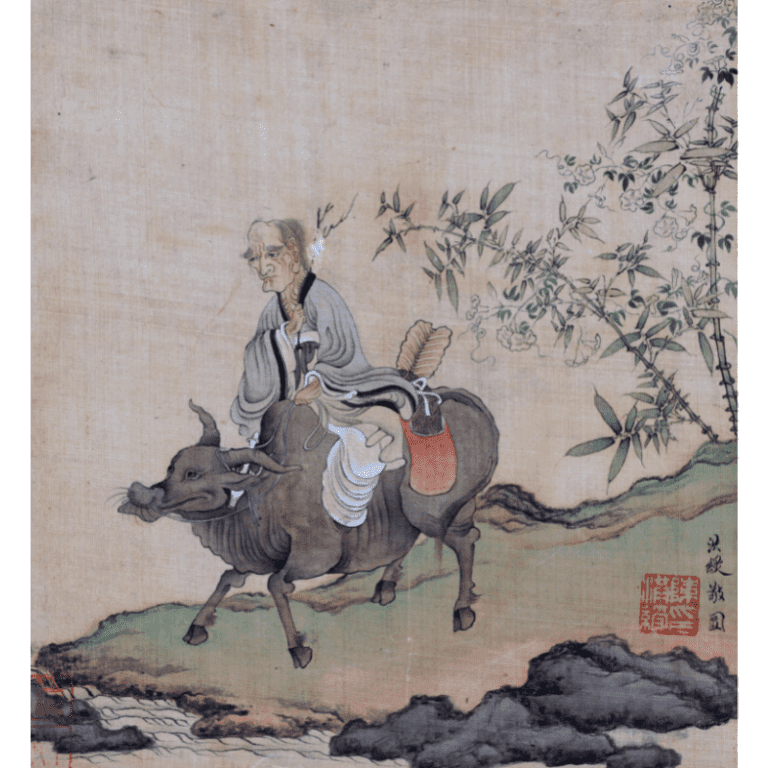How Alan Watts Earned His Money
Alan Watts was a British philosopher who wrote about the intersection of Eastern and Western philosophies. He was also one of the first to introduce Zen Buddhism to the West. How did Alan Watts make his money?
Alan Watts earned most of his income from lectures and royalties from his numerous books. He was a popular speaker at colleges and universities and lectured all over the world. In addition to his speaking fees, Alan Watts also earned from the royalties for his more than 25 books, which were translated into many different languages.
Watts' repeatedly spoke of his simple life and indeed Alan Watts was known for his simple lifestyle. He lived in a small house in Mill Valley, California, and drove an old Volkswagen Beetle. He didn't own fancy clothes or expensive jewelry. Instead, he spent his money on things that were important to him, like books and travel.
Other voices say he didn't budget his money very well and he had to give several lectures a week towards the end of his life to finance enough money for his lifestyle and the upkeep of his children.
There is therefore no definitive answer as to how Watts' handled his money (and that was justifiably his own business). How he found financial success, on the other hand, can be clearly shown:
Related article: Who and how Alan Watts really was
Watts' path to financial success
Alan Watts was born in England in 1915 and grew up in a family of modest means. His father worked as a clerk for the Anglo-Persian Oil Company and his mother was a housewife. Despite their modest circumstances, Alan's parents encouraged him to pursue his interests and get an education. He studied at both King's College London and Seabury-Western Theological Seminary, eventually becoming a minister in the Anglican Church.
It was not until the 1950s that Alan became known as an author and speaker on Eastern philosophy, particularly Zen Buddhism. His first book, The Wisdom of Insecurity, was published in 1951 and was an immediate bestseller. Over the next few decades, he wrote more than 20 books on such topics as philosophy, religion, psychology, and Zen Buddhism, and gave hundreds of lectures around the world. His income from public appearances was substantial, as he was in great demand and therefore often received large honoraria. At the height of his career, he gave up to four lectures a week.
At the height of his career, he gave up to four lectures a week.
These high fees did not go down well with some people and were criticized.
In an interview with Playboy magazine in 1973, Alan was quoted as saying:
"I get the highest fee I can get, and people say, 'You're just out for money.' I say, 'It's none of your business.' Because I give most of it away because my own needs are very simple, even though I enjoy good food, don't even own a TV and live a very simple life. But I have enough, and enough is as good as a feast."
Alan Watts
Another source of income for Watts was the production of video lectures / television productions. Whether he earned royalties from this or sold the rights to the studios could not be clarified.
Alan continued to write and speak until his death in 1973. He left a legacy of wisdom that is still revered by many today. Several of his books are still in print today and sell thousands of copies each year.
The estimated net worth of Alan Watts
Watts' net worth at the time of his death may have been in the low millions. There is no confirmed figure on Alan Watts' net worth. The figures given, which can be found online, vary greatly and all seem to have no reputable source. Therefore, no more accurate figure will be given here.
Final thoughts
Alan Watts was a well-known philosopher and writer who earned most of his income from lectures and royalties from his many books.
Although he could have lived a much more lavish lifestyle, he chose to live simply and used much of his money for things he cared about - such as helping to fund the Druid Heights Community.
Did he have the right to pay so heavily to book him for speeches?
In my opinion, he definitely had, and I would like to close with a quote from Seneca that explains quite nicely why a philosopher does not have to live in abject poverty:
"Stop, then, forbidding the philosophers to possess money; no one has condemned wisdom to poverty. The philosopher will possess abundant wealth, but it will not have been snatched from anyone, nor will it be stained with the blood of another - wealth acquired without harm to anyone, without dishonest dealing, and the cost of it will be no less honorable than its acquisition; it will cause no one to complain except the malicious."
Lucius Annaeus Seneca








I wish he could be with us and I wish he could lnow how much he has help me and also how right he was about everything. Just love hearing him
THE world would be a better place today if we had more Alan Watts
Agreed. His ability to explain even complex concepts with easy (and often enough with witt) was amazing. He sure was a special person.